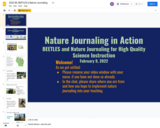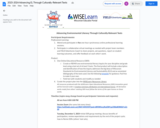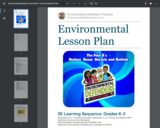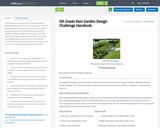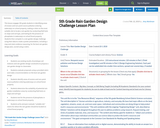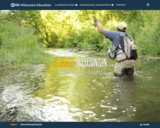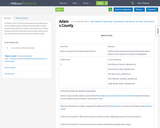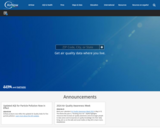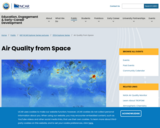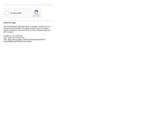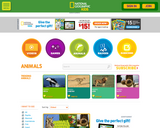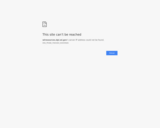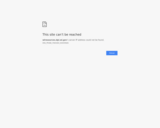
Details: This lesson can be added to the Amplify first grade science unit: Animal and Plant Defenses: Spikes, Shells, and Camouflage. It can also be used with any unit on animal defenses and structures.Amplify Chapter 3 Driving Question: How can Spruce the Sea Turtle’s offspring survive where there are sharks? Pursuit addressed:Toward the pursuit of Skills: Students participate in a class reading of an informational text. Students use the information outlined in the text to develop their knowledge of plastic pollution and its negative impact on sea turtles and the environment. They then use this knowledge to inform others or take other steps to help with reducing plastic pollution.Toward the pursuit of Intellect: In this lesson students learn about a topic that affects the environment and specifically how plastic waste affects sea turtles which they have been studying. They can better understand an environmental problem and turn their understanding into action.
- Subject:
- Biology
- Character Education
- Civics and Government
- Ecology
- Elementary Education
- Environmental Literacy and Sustainability
- Environmental Science
- Material Type:
- Lesson
- Author:
- The genius group from Madison Wisconsin
- Date Added:
- 07/31/2022

